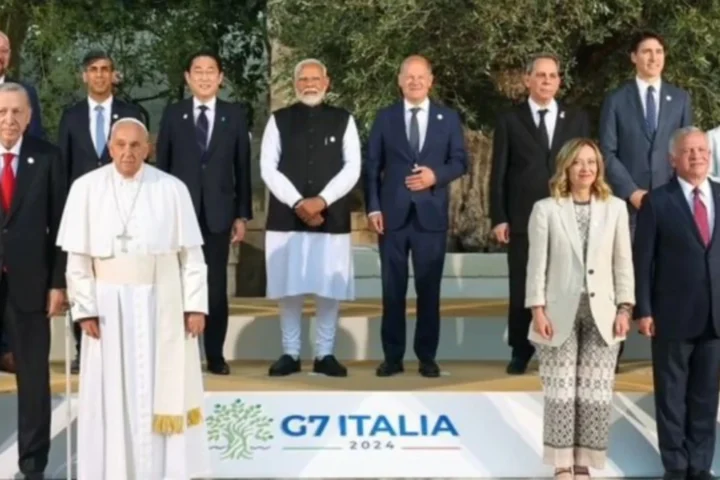India has given the green light for the export of 75,000 tonnes of non-basmati rice to the United Arab Emirates (UAE). This marks the fourth country to which India has allowed rice shipments after imposing an export ban in July in an effort to control domestic inflation.
Export Handling by National Cooperative Export Ltd
The government notification issued on Monday stated that shipments to the UAE would be managed by the National Cooperative Export Ltd, a state-backed enterprise established in January following a cabinet decision.
Background on India’s Rice Export Ban
As the world’s largest rice exporter, India had initially halted overseas sales in July to combat soaring cereal inflation, which remained in double digits. The government had indicated that it would permit exports to friendly nations for their food-security requirements once diplomatic requests were approved by the external affairs ministry.
Since the implementation of the export ban, India has allowed the export of more than 1.4 million tonnes of white rice to Singapore, Bhutan, and Mauritius following their requests.
Conditions for Export
A food ministry official emphasized India’s commitment to addressing global food-security concerns. India will continue to provide rice to friendly countries after evaluating their needs, with the stipulation that the exported quantities must be used for domestic consumption rather than trade.
Impact of India’s Rice Export Ban
India’s export prohibition on rice, in which the country holds a 40% share in global trade, significantly affected world rice prices. The FAO rice price index surged to its highest level in 15 years, rising by 40.31% year-on-year in August 2023.
In addition to non-basmati white rice, India has also exported broken rice to countries in need since the ban. Shipments included 500,000 tonnes to Senegal, 200,000 tonnes to Indonesia, 100,000 tonnes to Mali, and 50,000 tonnes to Gambia.
Additional Export Restrictions
India has imposed a 20% tariff on parboiled rice exports to curb their shipments. In May of the previous year, India banned wheat exports, although the country is not a major wheat exporter.
The primary reasons for these food export restrictions are domestic. India is grappling with elevated food inflation, exacerbated by concerns of a rice shortage due to the disruptive El Nino weather pattern during the monsoon season. With the festive season approaching, food demand is expected to soar. Additionally, the Modi government faces a general election next year and state assembly polls in five states this year, further influencing these export decisions.







